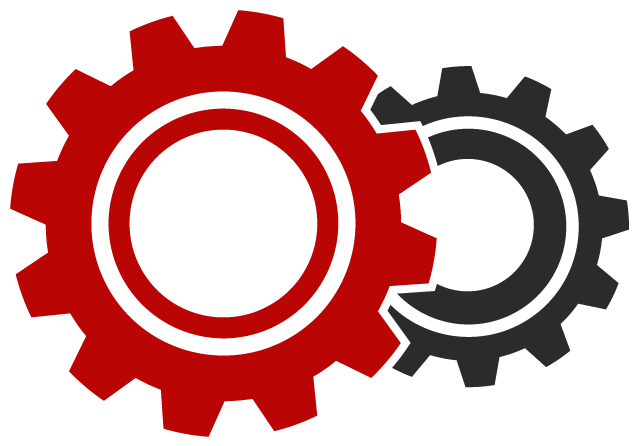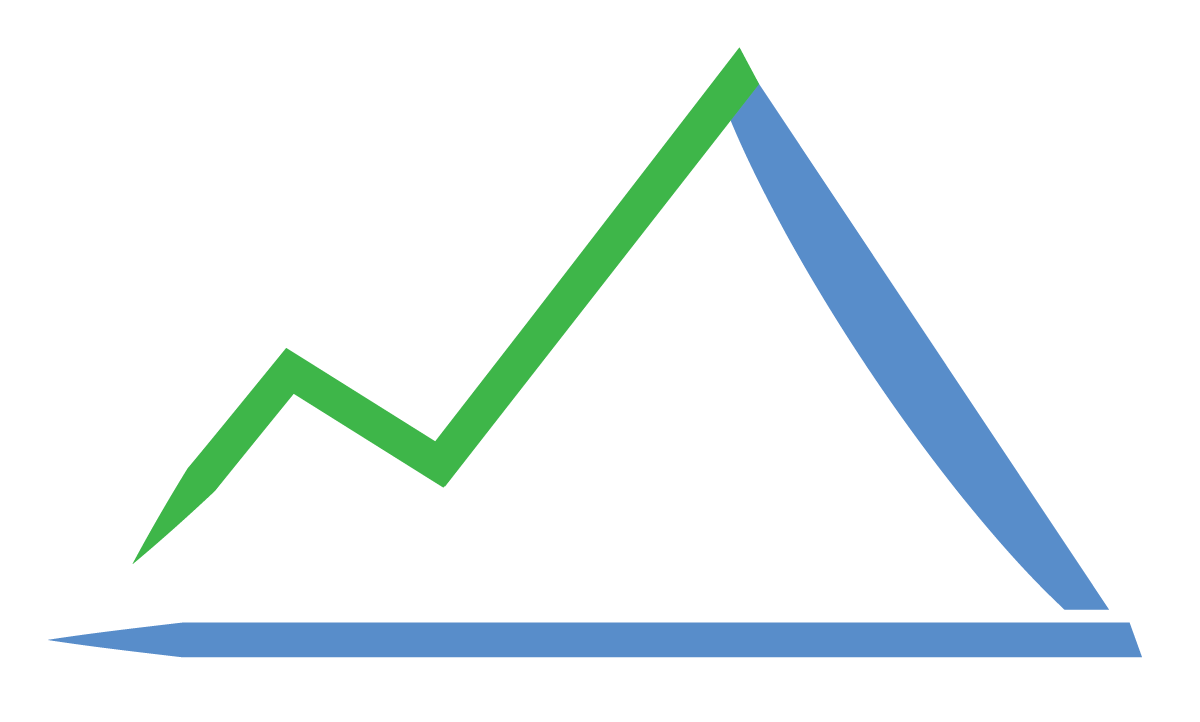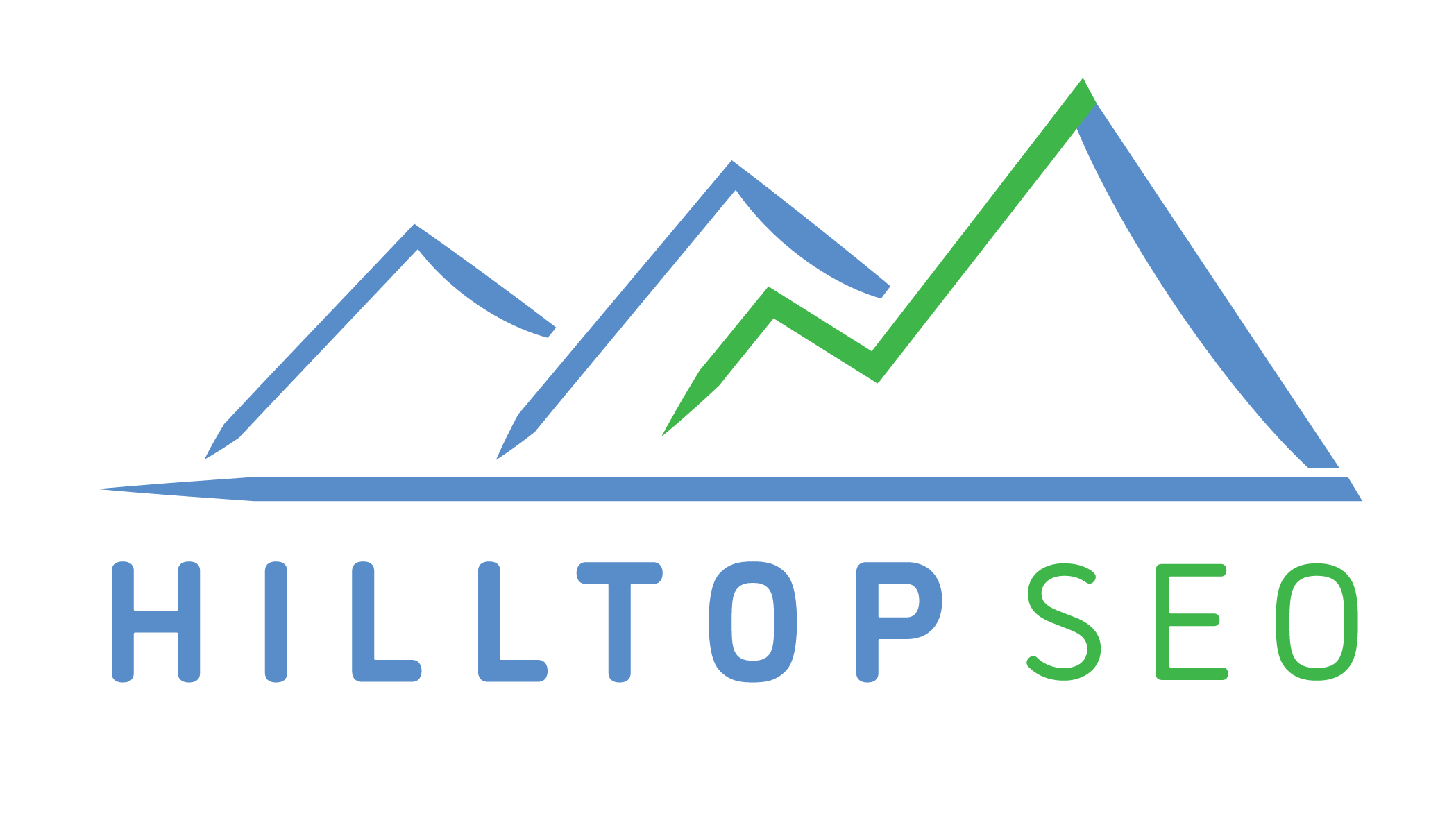
Need a Technical SEO Audit?
A technical SEO audit will give all-encompassing insights into improvements to enhance crawling and indexing, performance, and user experience, helping users navigate your website and convert.
Our technical SEO audit touches on every important factor mentioned below. Learn more about what we cover and how we can help!
What we check with our technical SEO audit
The journey every webpage takes to the top of Google search results includes Discovery > Crawling > Indexing > Ranking > Continued Monitoring. Getting every item below right will enable you to gain visibility and get the most out of your on and off-page SEO strategies.
Click to expand and learn more!
Technical SEO Packages
Pricing varies depending on your needs.
Starting at $1,000
For websites with up to 500 pages.
What we check:
- Crawling, Indexing, and Security
- UX and site speed
- Website Architecture
- Metadata
- On-page factors
- Content
Action items for website improvements are provided upon completion.
Starting at $2,000
For websites with up to 500 pages.
What we check:
- Crawling, Indexing, and Security
- UX and site speed
- Website Architecture
- Metadata
- On-page factors
- Content
Additional Services:
- Compare website metrics with 1 competitor including backlink profile, keyword gap, and on-page factors.
- 5 hours of additional support to fix major issues.
Action items for website improvements are provided upon completion.
Starting at $3,000
For websites with up to 500 pages.
What we check:
- Crawling, Indexing, and Security
- UX and site speed
- Website Architecture
- Metadata
- On-page factors
- Content
Additional Services:
- Compare website metrics with 3 competitors including backlink profile, keyword gap, and on-page factors.
- 10 hours of additional support to fix major issues.
Action items for website improvements are provided upon completion.
Additional Pages
$1 per additional page checked.
Contact us for pricing for enterprise websites (1,000+ web pages). We do not work with programmatic, algorithm-driven websites.
Additional Hours
$175 per hour for additional support.
Technical SEO FAQs
Other SEO Services
We offer more than technical SEO audits; see other SEO services tailored to your business needs.
E-commerce SEO
Make your market presence known and drive sales with specialized E-commerce SEO. Our experience ranges from niche stores to enterprise businesses.
Learn More >
Local SEO
Boost your business’s visibility right where it matters most: in your local community. Our local SEO services are tailored to expand your presence in local search results.
Learn More >
National SEO
Whether you are a niche store looking to reach a general audience or an enterprise, we have the expertise to handle your unique challenges.
Learn More >
Franchise SEO
Our Franchise SEO services are tailored for franchisees needing SEO for their business, or franchisors seeking scalable SEO solutions for multiple locations.
Learn More >
White Label SEO
Accelerate your agency’s growth and reputation with White Label SEO. Expand your services while sustaining brand integrity and delivering results to your clients.
Learn More >
Automotive SEO Solutions
Auto Parts SEO
Our auto parts SEO solutions help e-commerce storefronts gain visibility with the right audience to drive sales.
We work with aftermarket, OEM, or motorcycle online stores, and brick-and-mortar part stores. Learn more below!
Car Dealership SEO
Our car dealership SEO services are designed to enhance your business’s local or national visibility.
Our services are tailored to franchise, classic car, used car, and motorcycle dealership needs. Learn more below!
Auto Detailing SEO
Our auto detailing SEO services help brick-and-mortar or mobile detailing businesses book appointments.
The local SEO strategy deployed will be tailored to your business model to drive leads. Learn more below!
Auto Repair Shop SEO
Our auto repair SEO solutions enable businesses to gain visibility within their community and book appointments.
We work with independent shops or franchises looking for scalable solutions. Learn more below!

About Hilltop SEO
Hilltop SEO is a boutique agency delivering result-driven SEO solutions for the automotive industry. Focused on ethical, data-backed strategies, Hilltop helps brands increase visibility, drive qualified traffic, and achieve sustainable growth through long-term search performance.
Get Started
Start the conversation to grow your business with Hilltop SEO!
See the latest news and updates
-
Parasite SEO, Jacky Chou, Gets DeIndexed by Google: A Breakdown
Jacky Chou is a Parasite SEO personality who has appeared on YouTube and X (Twitter), offering the typical lineup of services and advice seen from gurus with big claims to entice you to give them money. Operating purely on trust me bro strategies based on yesterday’s short-term gains from banned black hat techniques, his advice…
-
Welcome to the Hilltop SEO blog!
This blog will pull back the curtain, giving general insights and getting into the finer intricacies of the SEO industry. With complete guides for the DIYers, industry-specific strategy, and current events, this is your one-stop shop for SEO. Stay tuned!

